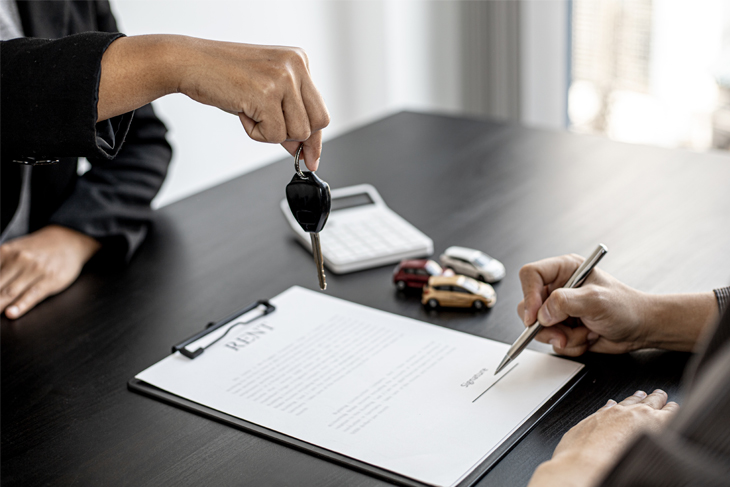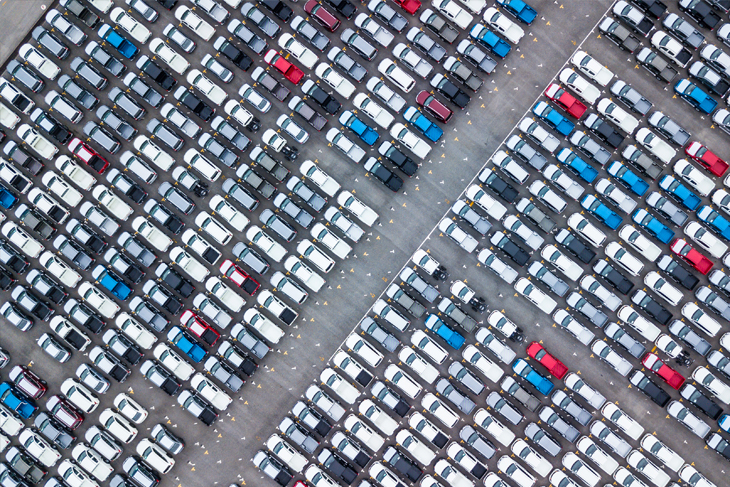Buying a new car is one of the biggest purchases we’ll make in our lives. Second only to a mortgage on a house. So when it comes to making such a big purchase, you might be worried that the car you’re buying will not be of any use to you in a few years time. Especially if you are thinking of starting a family or changing your job, the car you buy might be suitable.
You could always change your car, but you might not want the extra hassle of selling a car and trying to get the best price. The good news is that there are two car-buying alternatives that can save you the headache of finding a new car – car leasing and personal contract purchase.
Both car leasing and personal contract purchase work by, in essence, hiring a car for the length of the finance agreement. But how do they both work, and which is better?
What is car leasing?
As mentioned previously, car leasing is in effect a long term car hire. You ‘borrow’ the car for the length of the agreement, returning it to the finance provider or car dealer once you have made the final monthly payment.
At the start of the agreement, you will pay an upfront fee. The rest of the monthly payments you will be charged are based on the amount of value the car will lose across the length of the lease agreement, also known as depreciation. You will also be charged a rate of interest on the amount you have borrowed, based on your credit rating. Other things such breakdown cover and road tax may be included as part of the deal.
What sort of vehicles can you get on a car leasing deal?
Car leasing is available on all types of cars, new, nearly new and used. In general, most car leasing deals are on nearly new cars. Partly because dealers are more likely to offer a leasing deal on a nearly-new car, but also because they are a more attractive proposition to customers due to their lower price.
Whether you will be approved for a car leasing deal will depend on your credit rating. Some packages are only available to those with excellent or good credit ratings.
What is PCP?
PCP or personal contract purchase is similar to car leasing in many ways, but with one key difference – what happens at the end of the term of the agreement. In a PCP deal, you have three options.
You can return the car to the dealer as you would in a car leasing deal. You can also choose to buy the car you are leasing, paying a one-off ‘balloon payment’ that will be equal to the value of the car at the end of the agreement. Or, you can part exchange the car you’ve been leasing on a new finance deal on the same or different car.

How is PCP different to car leasing?
The big difference is those three options at the end of the agreement. If you’ve leased a car and fallen in love with it, it’s far simpler to purchase the vehicle in a PCP deal than in a standard car leasing deal. You also don’t lose that equity that you’ve put in the car if you decide to purchase or part-exchange the vehicle.
So which option is better: car leasing or PCP?
It all depends on what you have planned for the future. If you feel like you want to lease the car now and then purchase it in future, then PCP is the perfect option. Car leasing deals tend to have lower monthly payments, so if you know you’re not going to purchase the car and don’t need that flexibility, then it’s probably a better option.
Are You Ready to Save on Car Finance?
If you’re considering getting a new car, then you don't want to miss out on what Creditplus can offer. Applying with us will not affect your credit profile, so why not complete a quick application now.
Apply Online Today!See our latest car deals






 Facebook
Facebook Twitter
Twitter Instagram
Instagram LinkedIn
LinkedIn Youtube
Youtube